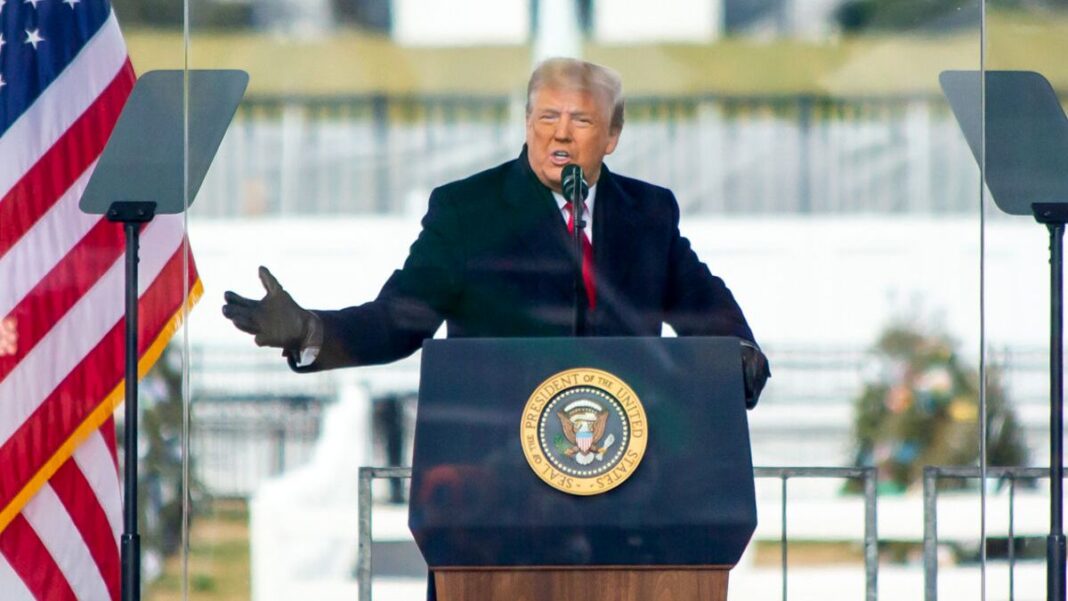
The GOP majority in the U.S. House of Representatives is zeroing in on election legislation heading into the 2024 presidential contest.
According to party leaders, the Republicans’ main strategy to clean up election administration across the nation before 2024 is the passage of the American Confidence in Elections Act (ACE), a comprehensive bill that includes almost 50 standalone bills.
To date, the House Committee on Administration has conducted nine public hearings on the various aspects of the legislation.
The most recent hearing was on July 10 in Fulton County, Georgia, the setting of some of the most bitter wrangling over the legitimacy of the 2020 results.
The bill was formally introduced on July 11, 2023. It has more than 100 co-sponsors, none of whom are Democrats.
Republican members of the administration committee, along with Majority Leader Steve Scalise (R-La.), held a press conference on July 12 to draw public attention to what Chairman Bryan Steil (R-Wisc.) called the “most substantive election integrity bill in a generation.”
A half-dozen secretaries of state from around the country attended to show support for the bill.
Problems Addressed
The ACE Act eliminates the federal tax exemption for the private funding of elections, advocates for the tightening of voter ID requirements in applications for mail-in ballots, and prohibits states from using federal funds to pay for election administration unless they restrict ballot harvesting.
The bill also blocks federal agencies from engaging in voter registration and mobilization activities and encourages states to limit and better manage the use of absentee ballot drop boxes.
On March 7, 2021, President Joe Biden issued Executive Order 14019, which turned nearly every federal office, prison, and jail into a voter registration, information, language assistance, and education center.
The order mandates that, consistent with state and federal laws, the centers are ordered to help incarcerated individuals obtain state-accepted photo ID cards and facilitate their voting by mail.
By Steven Kovac







